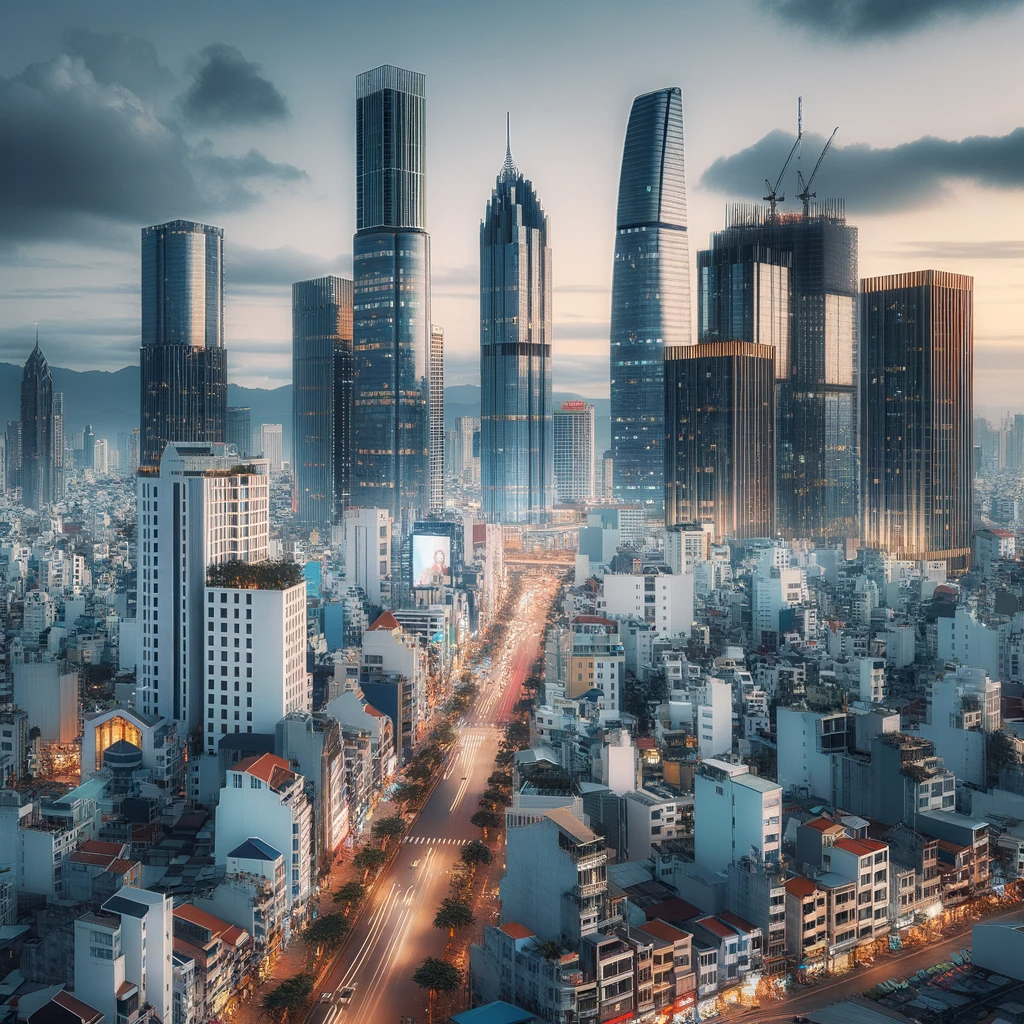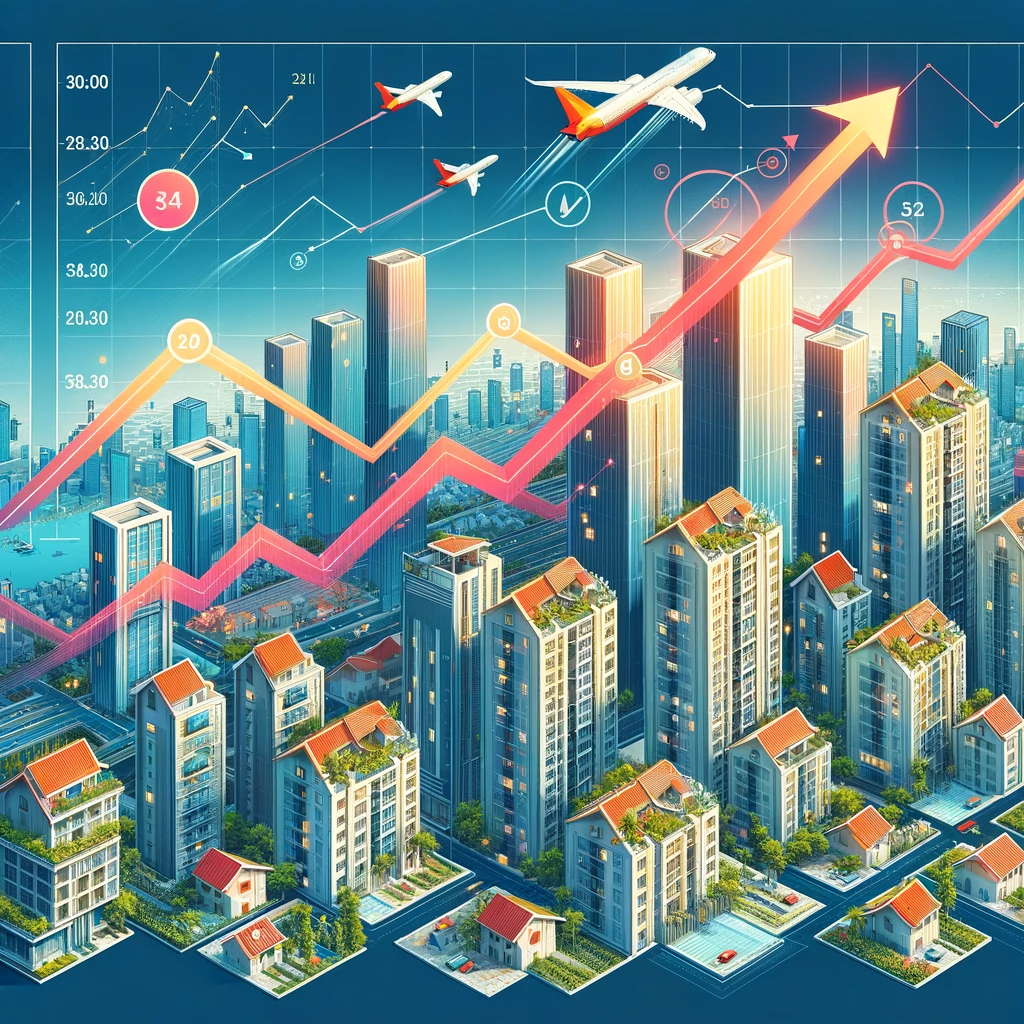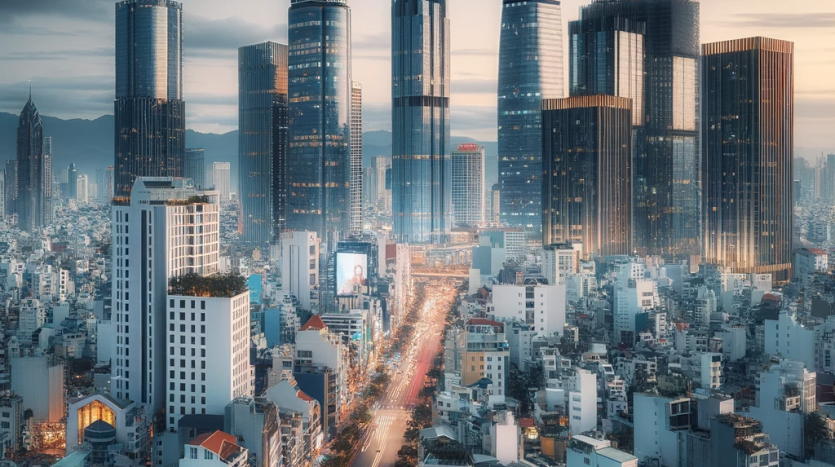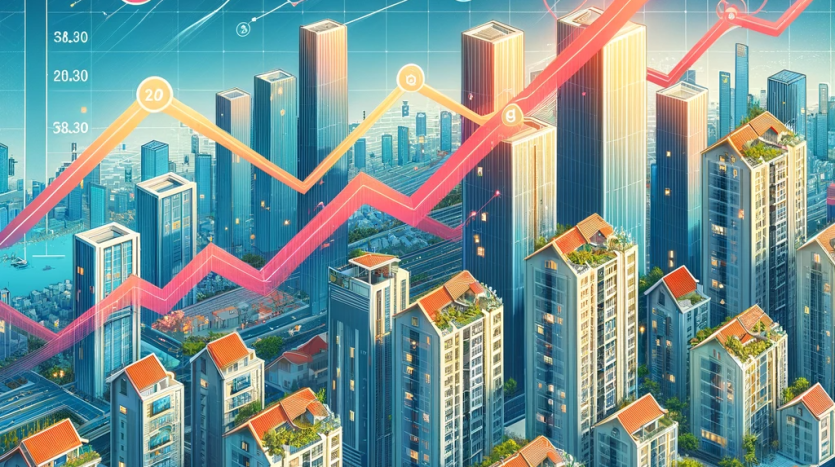The Financial Side of Buying Property in Vietnam: A Comprehensive Guide for Foreign Investors
 In Asia in general and South East Asia in specific, Vietnam has emerged as top destination drawing FDI due to its stable growth of economy and especially its 1 Party politic help the country peaceful for decades…
In Asia in general and South East Asia in specific, Vietnam has emerged as top destination drawing FDI due to its stable growth of economy and especially its 1 Party politic help the country peaceful for decades…
As part of the results in economy boost, more foreigners wanting to set up businesses in Vietnam, plus the shift from Europe, China and recently from U.S.A has made Vietnam’s real estate market become increasingly attractive to foreign investors.
Vietnam now offers rapid economic growth, urbanization, and promising investment returns. Understanding the financial aspects of buying property in Vietnam is crucial for making informed decisions. This comprehensive guide aims to demystify the process and provide valuable insights.
Economic Landscape
Vietnam’s economy has shown remarkable resilience and growth, with a GDP growth of 7% in 2021, 8% in 2022 and 5.3% YoY in 3rd of 2023, according to the World Bank. This robust economic environment creates a favorable backdrop for real estate investments.
Legal Framework for Foreign Buyers
Foreign investors can purchase property in Vietnam, albeit with some restrictions. The Law on Residential Housing (2014) allows foreigners to buy up to 30% of units in condominiums and 10% of properties in landed projects.
Property Types Available
Investors can choose from various properties, including apartments, villas, townhouses, and office spaces. Each type offers different advantages depending on your investment goals. Make sure they are all located in projects, not separated and individual properties outside developed projects.
Financing and Banking
Foreign investors have no finance options in Vietnam. Thus, buyers need to prepare adequate cash flow to purchase properties. Plus, bank interest in Vietnam is quite high, from 6-10% depending on banks.
Tax Implications
Purchasing property in Vietnam involves several taxes:
Buying directly from developers:
- Value-Added Tax (VAT): 10% of the property value.
Buying from secondary market (from other foreign buyers):
- Registration tax: 0.5% of the property value. (Only if properties have Pink Book)
- Personal Income Tax (PIT): 2% on the transfer of real estate.
Market Trends and Prices
As of 2022, the average price per square meter in Hanoi is around $2,500, while in Ho Chi Minh City, it’s about $3,500. These prices have been steadily increasing, reflecting the growing demand in key urban areas.
As of 2023, the average price in Hanoi is around $2,700, while in Ho Cho Minh City, it witnesses similar increase in ratio.
ROI and Rental Yields
Rental yields in Vietnam are among the highest in Southeast Asia, ranging from 5-6% in Hanoi and around 3-4% in Ho Chi Minh City. This, combined with the potential for capital appreciation, makes Vietnam an attractive market for property investors.
Risk Factors
Potential risks include market fluctuations, legal complexities, and barriers due to foreign ownership restrictions. It’s crucial to conduct thorough market research and seek professional advice.
Conclusion
Investing in Vietnam’s real estate can be lucrative, provided that investors understand the financial and legal nuances. With its growing economy and increasing foreign interest, Vietnam presents exciting opportunities for savvy investors.
Citations
- World Bank – Vietnam Economic Update 2021: https://www.worldbank.org/en/country/vietnam/publication/vietnam-economic-update-2021
- Law on Residential Housing (2014): https://www.vietnamlaws.com/freelaws/Law%20No.%2065-2014-QH13%20dated%20Nov%2025,%202014.pdf
- State Bank of Vietnam – Mortgage Regulations: https://www.sbv.gov.vn/
- Vietnam Real Estate Market Report 2022: https://www.researchandmarkets.com/reports/5136202/vietnam-real-estate-market-growth-trends-covid











